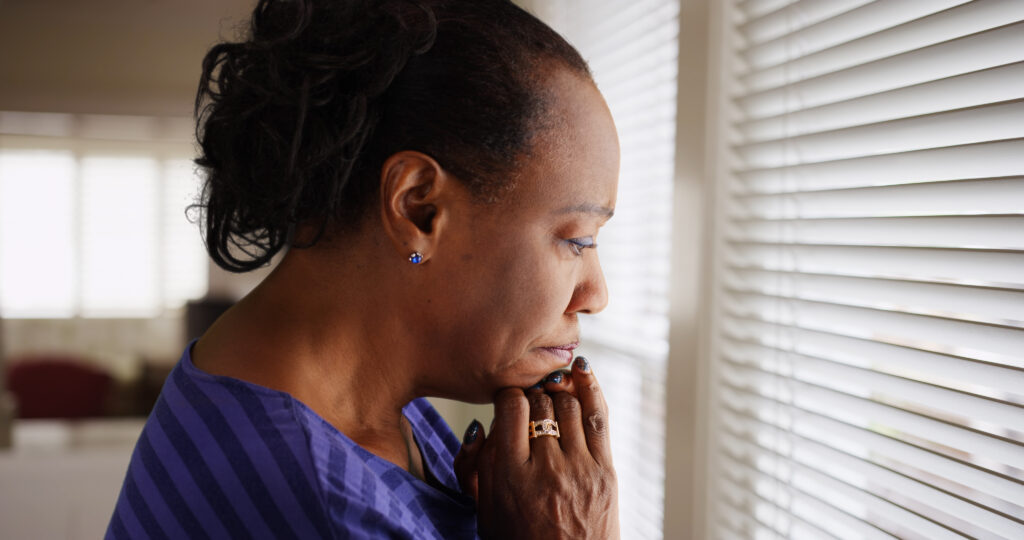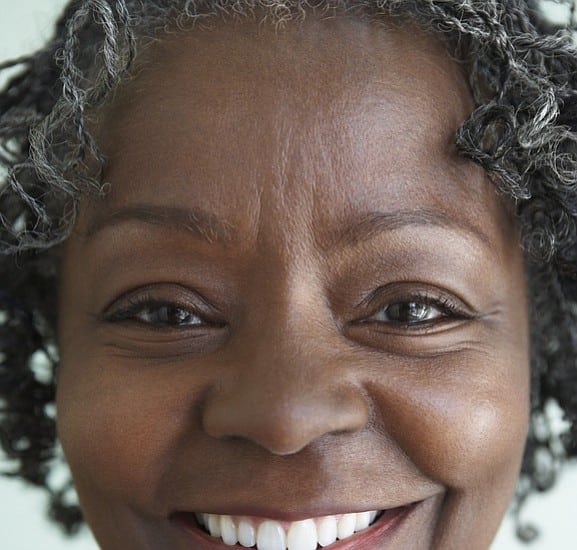Menopause is a universally shared experience among women, signifying the end of the reproductive phase of life. But like many things in life, the journey is far from standardized. While each woman’s experience is unique, race plays a profound role in shaping this transition.
Typically occurring in the late 40s or early 50s, the exact age women face menopause can vary. The onset of menopause is confirmed when a woman has not had a menstrual period for 12 consecutive months and is not caused by other medical conditions or treatments. This transition is the result of the ovaries producing lower levels of reproductive hormones, particularly estrogen and progesterone, which regulate menstruation.
Symptoms of Menopause
Symptoms and experiences of menopause can vary widely among women. Common symptoms include hot flashes, night sweats, mood changes, and sleep disturbances. Some women may also experience vaginal dryness, weight gain, thinning hair, and dry skin. These symptoms can start in the years leading up to menopause, known as the perimenopausal phase, and can continue for some time after menopause. While menopause is a natural process, these symptoms can be distressing for many women, impacting their daily lives and overall well-being.
The exact cause of menopause lies in the natural decline of reproductive hormones as a woman ages. As the ovaries age, they produce less estrogen and progesterone, leading to decreased fertility. Eventually, this reduction in hormones causes the menstrual cycle to stop altogether. While most women navigate this transition due to the natural aging process, certain surgical or medical treatments, such as chemotherapy or the removal of ovaries, can induce menopause. In these cases, the onset can be abrupt, and symptoms may be more pronounced. Whatever the cause, menopause is a universal experience for women, each navigating its challenges and changes in her own unique way.
A closer look at the experiences of Black women reveals distinct challenges, shedding light on a side of menopause that is often overlooked.
Physical Effects Black Women Face During Menopause
One cannot overlook the stark contrast between the experiences of Black women and white women during menopause. According to studies, Research tells us that nearly half of Black women encounter severe physical symptoms, such as debilitating hot flashes and persistent joint pain, compared to just a fifth of white women. These aren’t just numbers; they reflect countless nights of discomfort and days overshadowed by pain for many Black women.
Another startling difference is the timing of menopause’s onset. On average, Black women grapple with menopausal symptoms earlier than women of other racial backgrounds. Beyond the challenges of adjusting to this new phase, early onset can bring forward concerns related to fertility and other age-associated health implications.
The Overlooked Role Race Plays In Menopause
When discussing menopause, it’s essential to see the bigger picture. Beyond biology, the external world shapes our internal experiences. The socio-economic disparities faced by many Black women can exacerbate their menopausal journey. Much like they face in pregnancy, women of color face unique situations in menopause. Challenges like limited access to top-tier healthcare and the daily stresses stemming from economic disparities cannot be divorced from the menopausal narrative of Black women.
It’s uncomfortable, but necessary, to acknowledge the lingering shadow of racism and its impact on Black women’s health. Decades of research consistently underline the toxic influence of racism on Black women’s menopausal health. The chronic stress and emotional toll of enduring racial discrimination can heighten menopausal symptoms, adding layers of complexity to an already challenging time.
The Need for Personalized Care
Given the disparities faced by Black women during menopause, there is a pressing need for personalized care. A one-size-fits-all approach is ineffective and does not address the unique challenges and needs of Black women. Healthcare professionals must be aware of these disparities and work towards providing care that acknowledges and caters to the specific needs of Black women, ensuring they receive the understanding, support, and care they so rightly deserve during this significant life transition.








